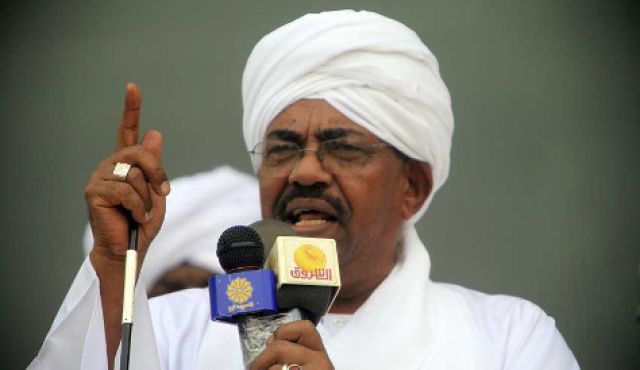Global human rights watchdog, Amnesty International, AI, has revealed that Nigerian security forces got advance warnings that a convoy of Boko Haram fighters was heading towards Dapchi, a town where 110 schoolgirls were abducted by terrorists on February 19 in an assault similar to the infamous Chibok girls’ abduction of April 2014.
It claimed that no fewer than five calls were put across to security forces between 2pm and 6:30pm on that fateful day of the abduction of female pupils from Government Girls Science and Technical College, Dapchi, Yobe state.
In a report on the incident released yesterday, Amnesty International said the first call was made to the Nigerian Army Command in Geidam, 54km from Dapchi, informing them that Boko Haram fighters had been seen at Futchimiram heading to Gumsa, a village about 30km from Dapchi.
However, the evidence documented by the international group shows that the military did nothing to stop the insurgents.
“The sighting of an armed convoy at Futchimiram immediately sparked several phone calls to alert authorities. Sources who informed the military commander in Geidam at 2p.m. report that he responded to them by saying he was aware of the situation and was monitoring it.
“At about 3pm, the convoy arrived in Gumsa, where they remained till 5pm. People in Gumsa called Dapchi villagers to warn them that Boko Haram fighters were on their way. One villager who received such a call said he informed a police sergeant who promised to notify the Dapchi Division Police Officer (DPO).
“At about 6:30pm, when residents were heading to the mosque for evening prayers, Boko Haram members entered Dapchi. Witnesses said Boko Haram fighters asked for directions to the military post, the local government office and the girls’ school,” the report said.
Amnesty learnt from an eyewitness that approximately 50 Boko Haram fighters stormed Dapchi in a convoy of nine vehicles with Arabic inscriptions on them. The vehicles included seven Land Cruiser trucks, one Hilux and a Canter truck.
A police source in Dapchi also told the group that on sighting them, police officers fled because they feared that the Boko Haram fighters would overpower them. According to victims and eyewitnesses interviewed by AI, Boko Haram left Gumsa for Dapchi at about 5pm, arriving at about 6:30pm.
“They left Dapchi at about 7:30pm in the direction of Gumsa, where villagers say they arrived at about 9p.m. During the attack, army officials both in Geidam and Damaturu were again alerted. The military only arrived in Dapchi shortly after Boko Haram left. Villagers in Dapchi and Gumsa said a military jet arrived about one hour after Boko Haram left Dapchi,” read the report.
AI lamented that in spite of the several distress calls, the Nigerian military neither took effective measures to stop the abduction nor made serious efforts to rescue the girls after they were taken by Boko Haram fighters.
The Director, Amnesty International in Nigeria, Osai Ojigho, maintained in a statement that the Nigerian authorities have failed in their duty to protect civilians, just as they did in Chibok four years ago.
While describing the inaction as, “inexcusable security lapses”, Ojigho said, “Evidence available to Amnesty International suggests that there are insufficient troops deployed in the area, and that an absence of patrols and the failure to respond to warnings and engage with Boko Haram contributed to this tragedy. The government’s failure in this incident must be investigated and the findings made public and it is absolutely crucial that any investigation focuses on the root causes.”




